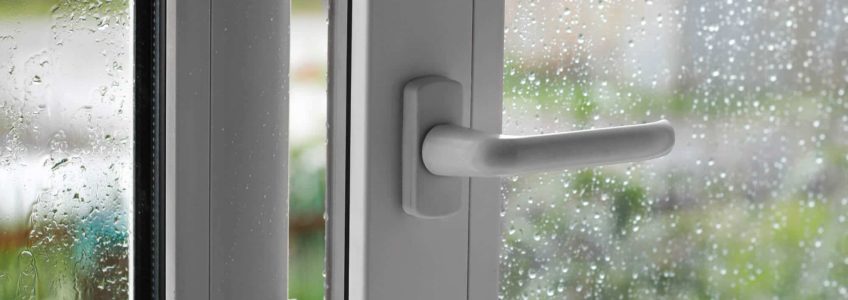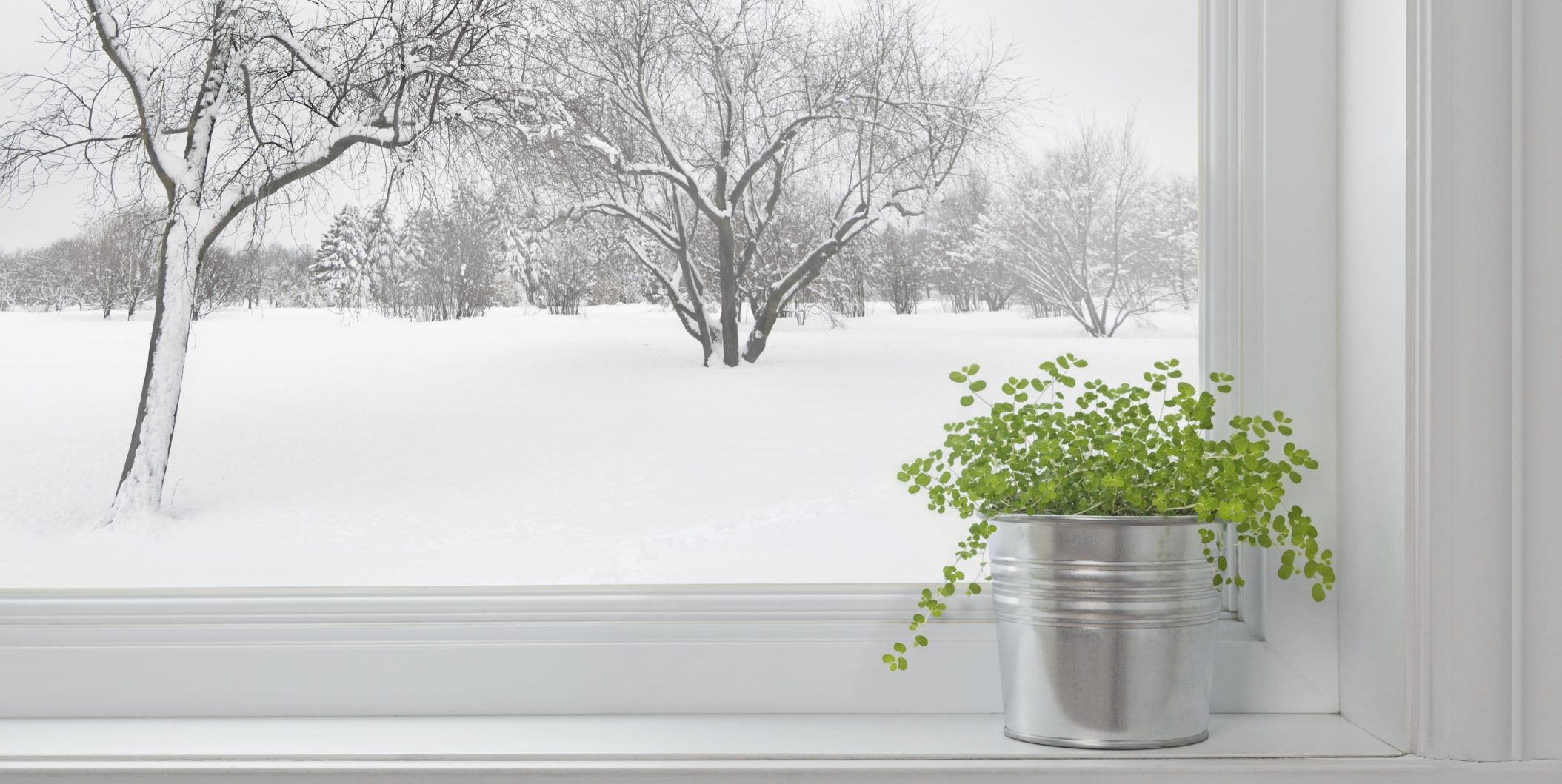
Choosing an ideal window replacement for any home or commercial building can be incredibly difficult if you don’t know exactly what you are looking for. When choosing a window replacement, multiple factors need to be considered.
There are many reasons why residential or commercial windows could need replacing. Perhaps your home has cheap, single-paned windows that are not performing efficiently. Or maybe your home has older, wooden windows that could benefit from replacement or storm window installation. There is also the possibility of safety hazards with improperly cared for or older windows. If any of these issues are affecting your home or business, it may be time to consider a window replacement.
These days, home and business owners alike find value in energy efficiency as well as aesthetics. Due in part to improvements in window technology and because of high demand in the market, style no longer has to be compromised for efficiency when it comes to replacing windows.
Construction professionals can help guide home and business owners to the proper solution for their needs. When choosing a window replacement that works best for you, your home or business, and your budget, think about the following factors.
Know Your Budget
Many homeowners become leery at just the thought of embarking on a window replacement endeavor. It is a costly upfront expense, but when installed correctly, energy-efficient replacement windows can ultimately help your bottom line over time. A good replacement window should last nearly 20 years if maintained properly.
The type of window chosen for a replacement will determine the cost of the replacement process. There is a multitude of window materials to choose from for both residential and commercial buildings.
Window Materials:
- Wood
- Vinyl
- Aluminum
- Wood-clad
- Fiberglass
- Composite
Each of these types of windows may vary in cost and serve unique purposes, so understanding those functions is essential in deciding on an adequate window replacement.
Vinyl is the most budget-friendly option available for replacement windows. Similar to vinyl siding, vinyl window frames are pigmented all the way through the product, meaning it will never chip or need painting. This makes it a virtually maintenance-free option. Composite windows, made from scrap wood shavings and plastic resin, are another budget-friendly and maintenance-free option.
Solid wood windows offer a classic look, but may not be the best option budget-wise. Though strong, they need regular, sometimes costly maintenance. Solid wood windows also need replacing more often than other materials because they are prone to mold and mildew, so they become more costly over time.
Metal-framed and aluminum windows are other more “middle of the road” options budget-wise. These types of windows are less common but can be useful in a variety of locations.
To find the best window replacement for your budget, it is necessary to understand the benefits and pitfalls of different types of frames and glass in different climates. Installation, maintenance, style, frame, and glass type will all factor into the final cost of window replacing, so it’s best to speak with a professional about your budgetary constraints.
 Understand Your Location
Understand Your Location
It is important to understand how location can impact the efficiency and longevity of replacement windows. One frame or glass type may be more useful in a certain climate over another.
For instance, aluminum and metal windows are a great choice for humid, rainy, hurricane-prone locations because of their strength. However, due to heat transfer and loss, aluminum is not the best option for someone in a cold, dry climate.
Alternatively, wood and wood-clad windows are prone to waterlogging and rot if not installed and maintained properly. They should be avoided in humid, rainy climates.
Vinyl, composite, and fiberglass window options are going to be the most versatile and energy-efficient options. With insulated glass and low thermal conductivity, homeowners can save on their energy bills throughout the year. The tight construction of these windows stops any air leakage and reduces condensation build-up. These three options are recommended in almost any climate.
Choosing the Right Glass Type
Another essential consideration when replacing your windows is glass type. There are many different glass types that serve unique purposes in cars, homes, and commercial buildings. Understanding the different types of glass available will make it easier to decide on the best window replacement option for your needs.
Types of Glass:
- Float Glass
- Safety Laminated
- Obscured
- Annealed
- Tinted
- Tempered
- Insulated
- Mirrored
- Low-E
- Wired Glass
- Heat-Strengthened
Float, obscured, tempered, insulated, and Low-E glasses are all ideal types of glass for residential buildings and homes. Tinted, mirrored, wired, and insulated glass options will work well for commercial building use.
Float glass is the large glass panel pieces commonly used in picture and bay windows. It is inexpensive and colorless, and incredibly common in residential houses. Obscured glass is another popular option for bathrooms and entryway doors because it is coated or frosted, making it impossible to see through.
Tinted, mirrored, and wired glass options work well for businesses and commercial buildings. Each of these types of glasses offers privacy and protection that may be needed by a storefront or office.
Insulated and Low-E glass options are going to be the most energy-efficient of the glass types. Insulated glass is ideal for windows as it helps maintain interior temperatures, whether cool or warm, throughout the year. Low-E glass is specially formulated with heat treatment to reflect radiation and infrared beams. In summer, it keeps the hot out and in winter, it keeps it in. Low-E glass is the most pricy option, but it may also save the most money in energy over time.
Choosing the Right Frame Type
Similar to glass type, the frame type is also an important factor when selecting the ideal window replacements. There are fewer options for frames than glass, but each type can play a critical role in the longevity of newly replaced windows.
Wood frames are a classic selection, both in terms of style and function. Unfortunately, as beautiful as wooden windows are, they can pose serious issues if not installed and maintained properly. Wood windows are prone to leakage and condensation build-up, meaning that mold and mildew can become a serious issue in the future. Also prone to weathering and warping, these types of frames would not be recommended in a humid, tropical climate.
Aluminum and metal-framed windows are a better alternative for tropically located buildings. Though not as energy-efficient, these durable windows will withstand strong winds and hurricane-level storms. These would be ideal for buildings in coastal or tropical areas where serious weather events are common
Vinyl, composite, and fiberglass frames are the most popular window frame options. Vinyl frames are budget-friendly and energy-efficient due to their airtight, insulated structure. Unfortunately, vinyl can also warp over time if not installed properly.
Composite frames are an eco-friendly choice, being made from recycled glass and scrap wood materials. Similar to composite windows in their construction, fiberglass windows are the most expensive option. They are durable and have low thermal conductivity, making them extremely efficient. Additionally, they can be painted over to match any house or building’s aesthetics.
Style and Aesthetics
While it might seem like the most important factor, since windows are visible from the exterior of buildings, aesthetics are actually the last thing to consider when choosing the ideal replacement window.
With today’s technology, windows can be shaped and molded to fit virtually any opening. Understanding what glass best works for what location is much more vital to the lasting success of the installed windows. For example, float glass will be much better suited to a bay window on a second floor, while insulated or Low-E glass is a better option for bedroom and living area locations.
Owners of older homes may prefer the look of wood or wood-clad windows. Easily painted, wood windows pair wonderfully with vintage shutters. If desired, already existing wood windows can be preserved and further insulated by storm windows.
Vinyl windows are an inexpensive, modern option. Fully pigmented through the product, vinyl never needs to be sanded or repainted. However, the available choices for vinyl window colors and styles are limited.
A great, but more expensive alternative to the look of vinyl windows are fiberglass windows. Made from recycled materials, these window panes and trims can be painted to suit any style. From plain white to hot pink, the possibilities are endless for fiberglass window options.
Final Considerations
Whether you’re looking for an eco-friendly option or need to protect your home or building from harsh weather, there is definitely a window option out there that is right for you. Understanding the distinct window glass and frame types and how they function in a particular location will best aid in window replacement decisions.With a multitude of window vendors to choose from, finding the proper fit and style for your new windows doesn’t have to be such a daunting task. Determine your budget and desired functions with a window replacement specialist and your home or business can be transformed in no time.
